Ezekiel 34
Read Ezekiel 34
Helpful Background Information:
Ezekiel and his wife were among the ten thousand Jews taken captive into the Babylon Empire in 587 B.C., where they lived in Tel-Abib, southwest of the city of Babylon. Ezekiel’s ministry as a priest and prophet began in 593 BC to the Jewish exiles in Babylon. His ministry likely lasted around twenty-two years until 571 B.C., based on constructing a historical timeline from the rest of the Old Testament.
Ezekiel 34 comes near the middle of the book. The city of Jerusalem finally fell to the Babylonians (Ezekiel 33), and this news had a tragic force on the exiles. After Jerusalem’s fall, God shifts the focus from judgment to the failure of Israel’s leaders (the false shepherds in Ezekiel 34) and starts laying the groundwork for a future hope.
As just mentioned, the false shepherds were the kings and priests of Israel; these people failed to rule justly, allowed moral backsliding, and failed to worship the Lord and him alone properly. Beginning with Ezekiel 34:10, the Lord makes the wonderful promise that he will personally come to be a shepherd to rescue his people. He will regather Israel (and later, the Gentiles), and he will provide them spiritual nourishment. The Lord will establish a future covenant of peace, a new covenant that will be unbreakable. And he will send a figure resembling King David to be a shepherd over God’s people to rule justly. The battered sheep of Israel will soon no longer have to endure corrupt leaders who exploited them. It is this passage that Jesus references in Matthew 25:32-34. Jesus more specifically quotes Ezekiel 34:17.
Reflection Questions:
In Ezekiel 34, we see two true shepherds. We see the Lord acting as a shepherd, and then we find the Lord will install David as a true shepherd who will rule justly. (Remember, David has been dead for a while when Ezekiel wrote this, so it could not have been the literal King David.) Based on Matthew 25:31-46 and John 10:1-18, how does Jesus fulfill both the divine and Davidic roles of shepherd?
Throughout Ezekiel 34, we see that it is God who is saving his people, healing his people, and making promises that rely solely on his ability to keep them. How does this encourage you?
→ Also, notice that Jesus separates the sheep and goats before stating what they did. The saved sheep are even surprised that they ministered unto Jesus, showing that they weren’t relying on these works to save them. What does this tell us about the relationship between faith and works? How should God’s saving grace result in performing ministry to the lowly?
3. How does the knowledge of future judgment shape the way you treat others, especially the weak, poor, or overlooked?
